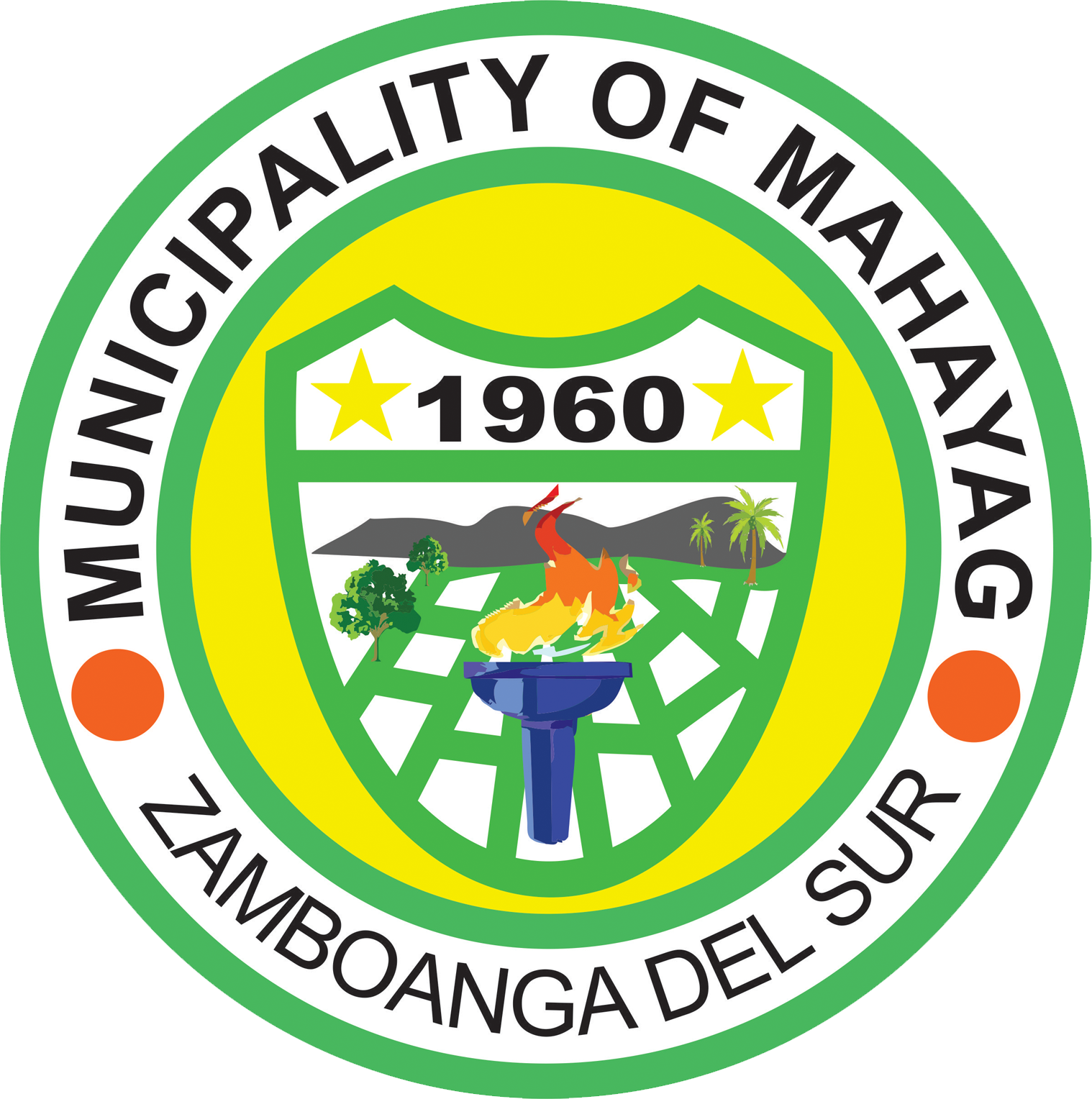Citizen Charter (Frontline Services) Handbook
R.A. No. 9485, otherwise known as the Anti-Red Tape Act of 2007, an act to improve efficiency in the delivery of government service, my administration has adopted the principle of participatory governance by involving the public in crafting the municipality’s vision and mission, and the formulation of plans and policies in order to achieve a continue reading : Citizen Charter (Frontline Services) Handbook
Agriculture Sectors
The agricultural sector has a significant role in the economic development of the municipality simply because of its potential contribution in terms of food production and consumption, livelihood of its constituents and also, as a good source of business opportunities. Mahayag has an estimated agricultural land of 11,172.1 hectares. Per records from the MAO, continue reading : Agriculture Sectors
Historical Background
The town’s name is derived from the Cebuano term “mahayag” (ma = to become + hayag = bright) which means to become bright or sunny. When the Visayan migrants first trickled into the area after World War II, the place was heavily forested, which, to some looks dark and forbidding. Local historical sources had it continue reading : Historical Background
Tourist Destinations
The town of Mahayag has a high eco-tourism potential, particularly, the cold springs in Barangay Tuburan, the cave system in Barangay Kaangayan, and the Salug River that traverses the Municipality. Although the municipality has good eco-tourism potential, to date, only the cold springs in Barangay Tuburan have been developed as evidenced by the three private continue reading : Tourist Destinations
Education
In addition to the daycare centers in each barangay, at least one (1) public elementary school exists in each of the 29 barangays in the municipality. There are six (6) public high schools and one private high school run by the Catholic Church in the municipality. Although permitted to operate and offer Collegiate courses since continue reading : Education





